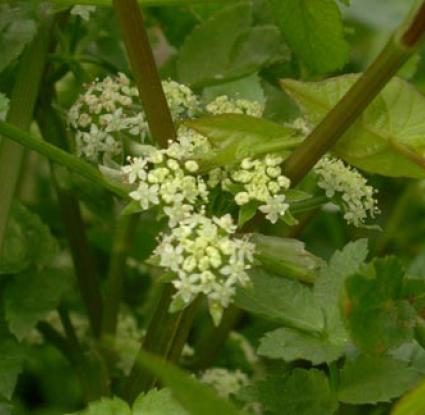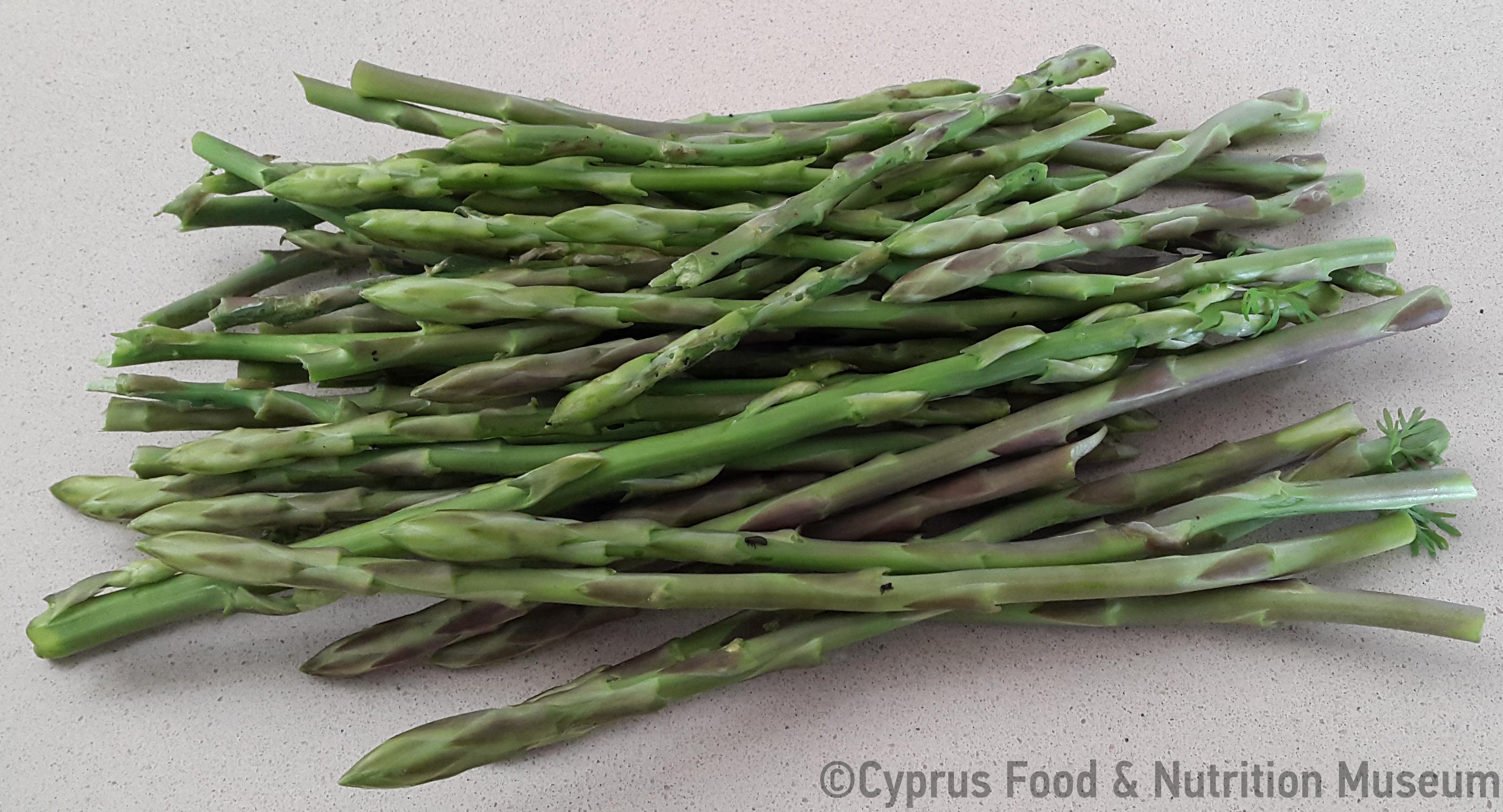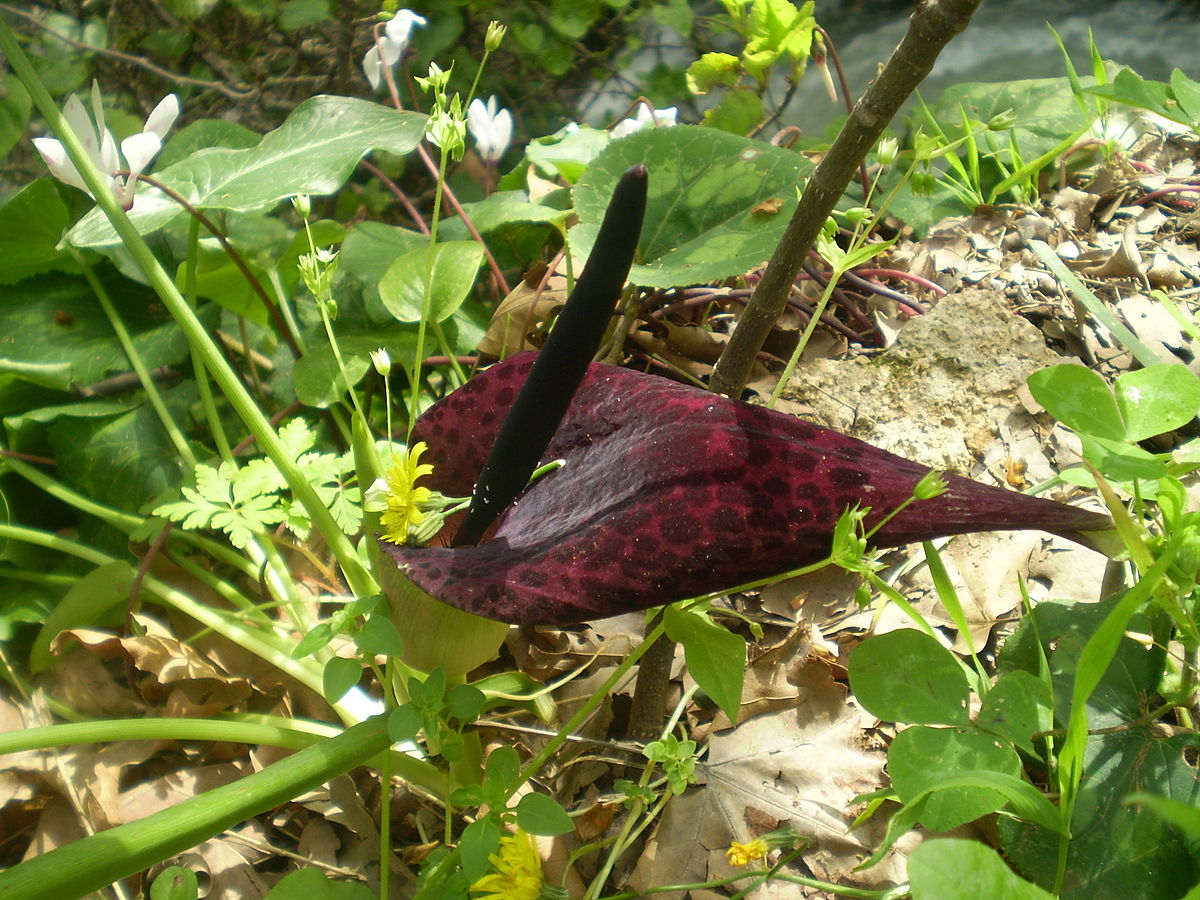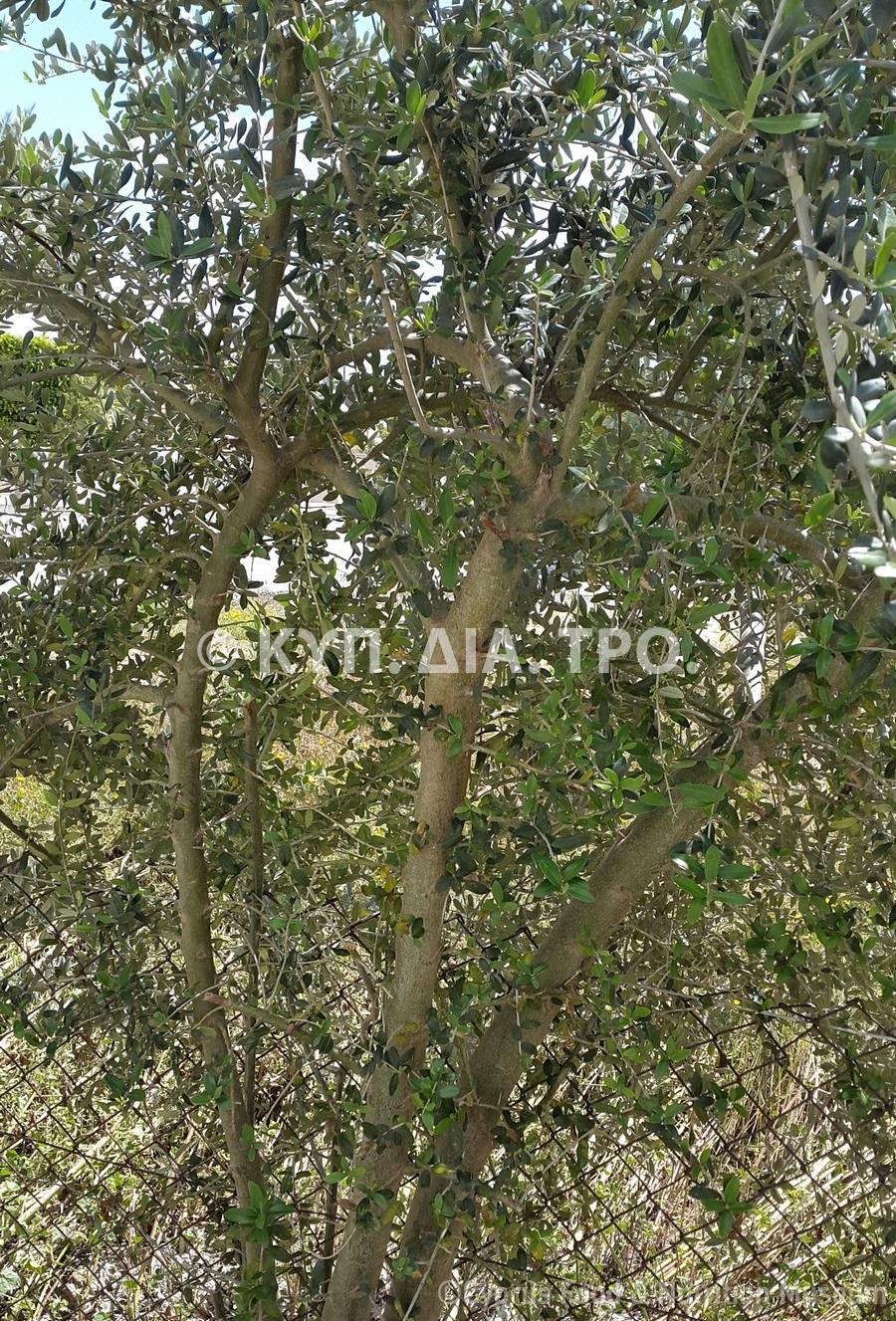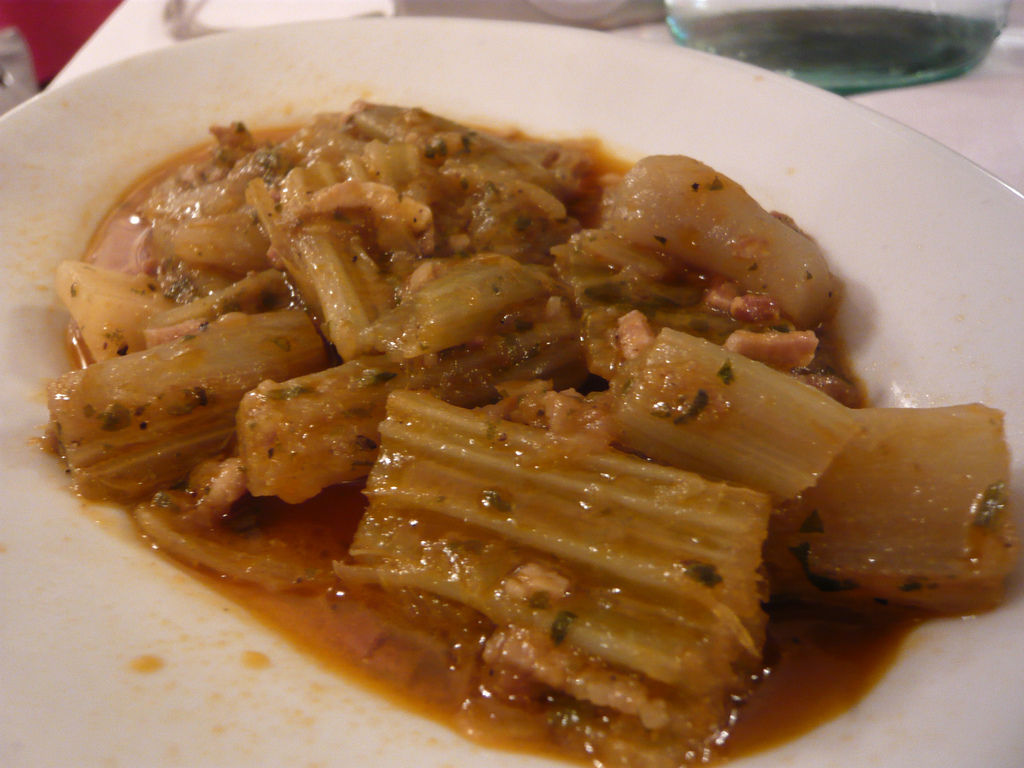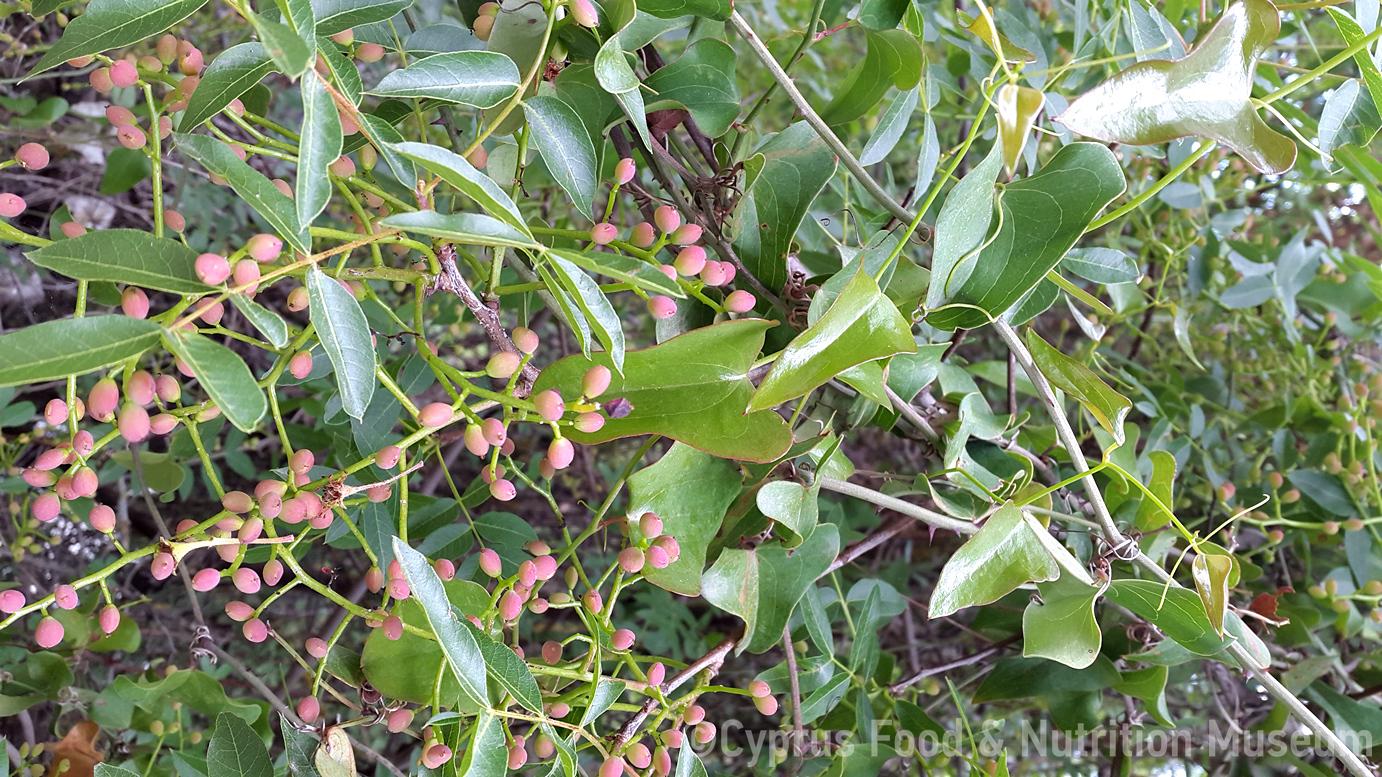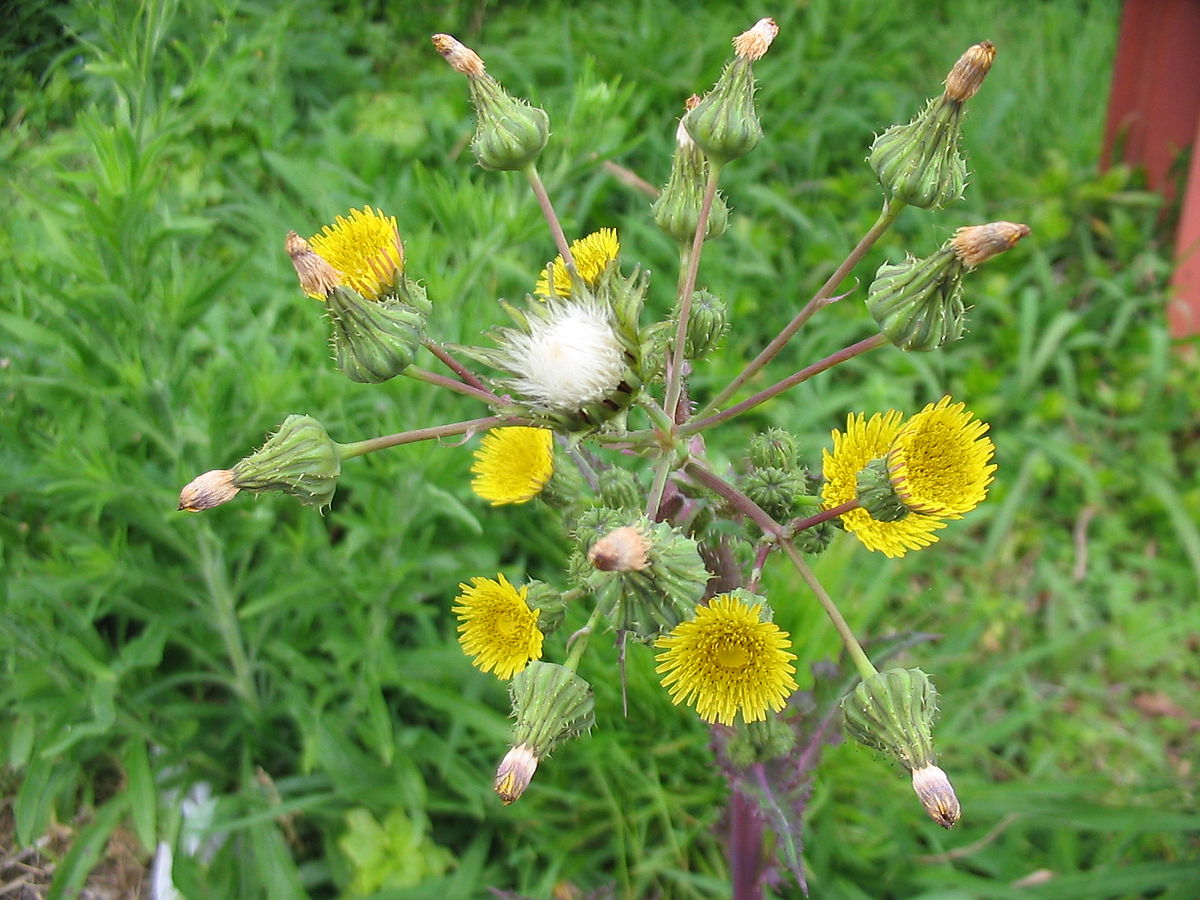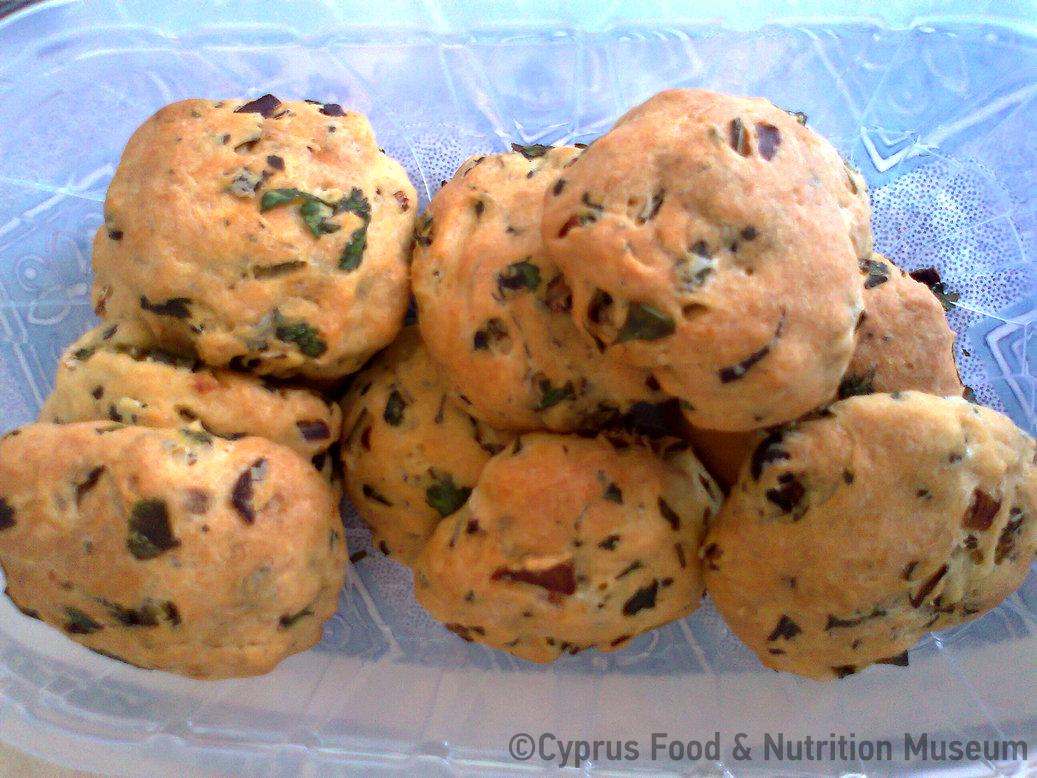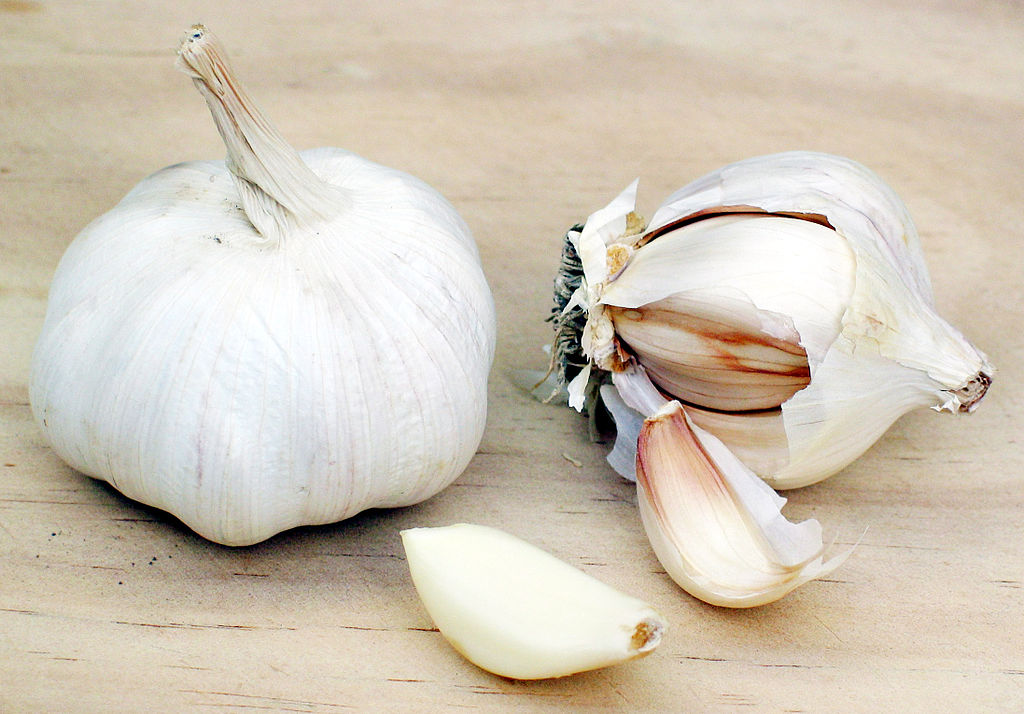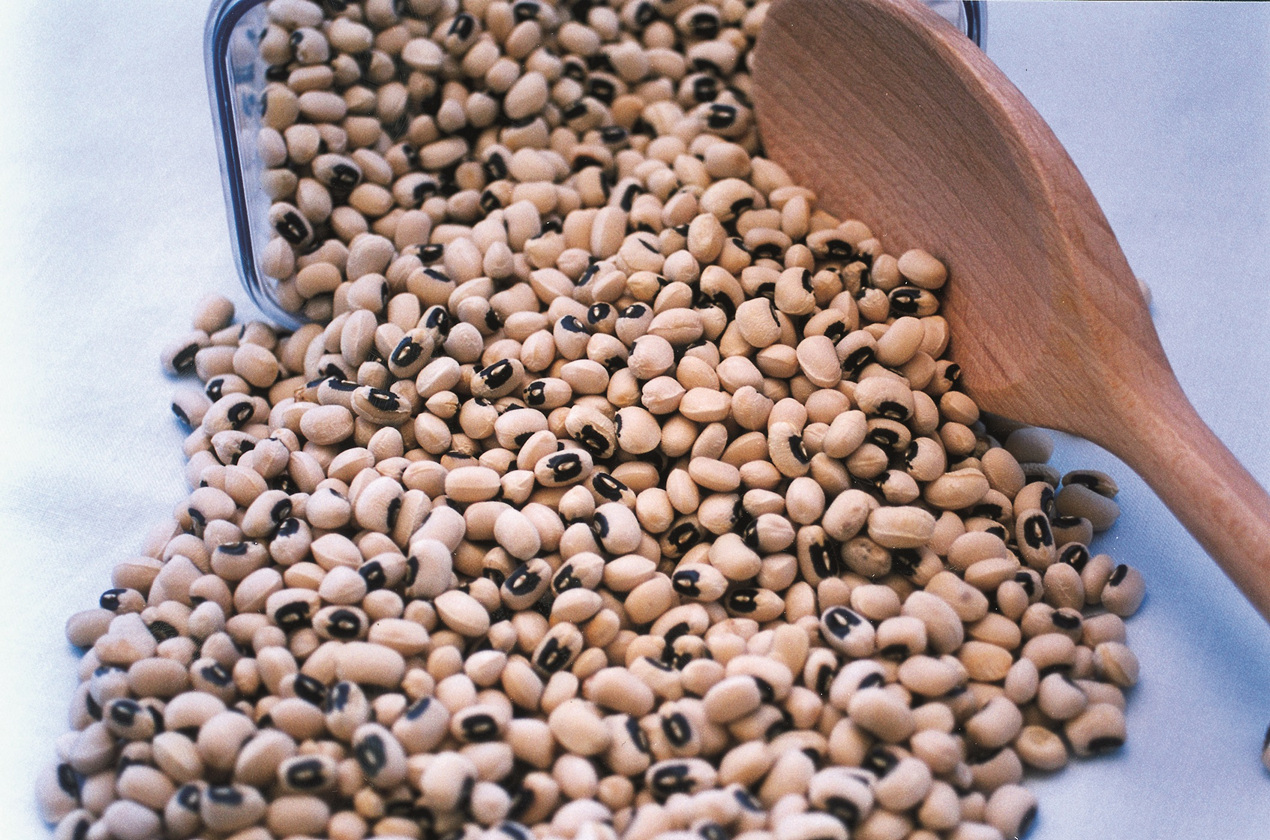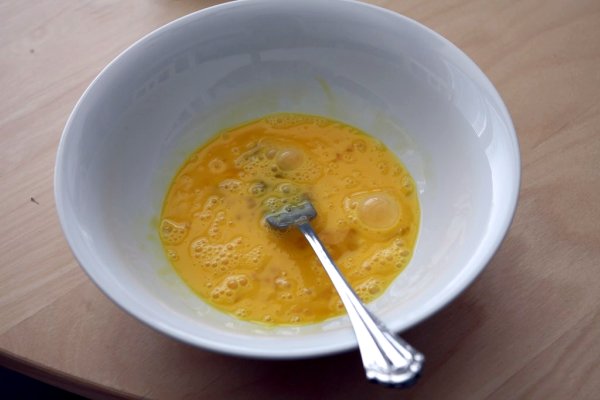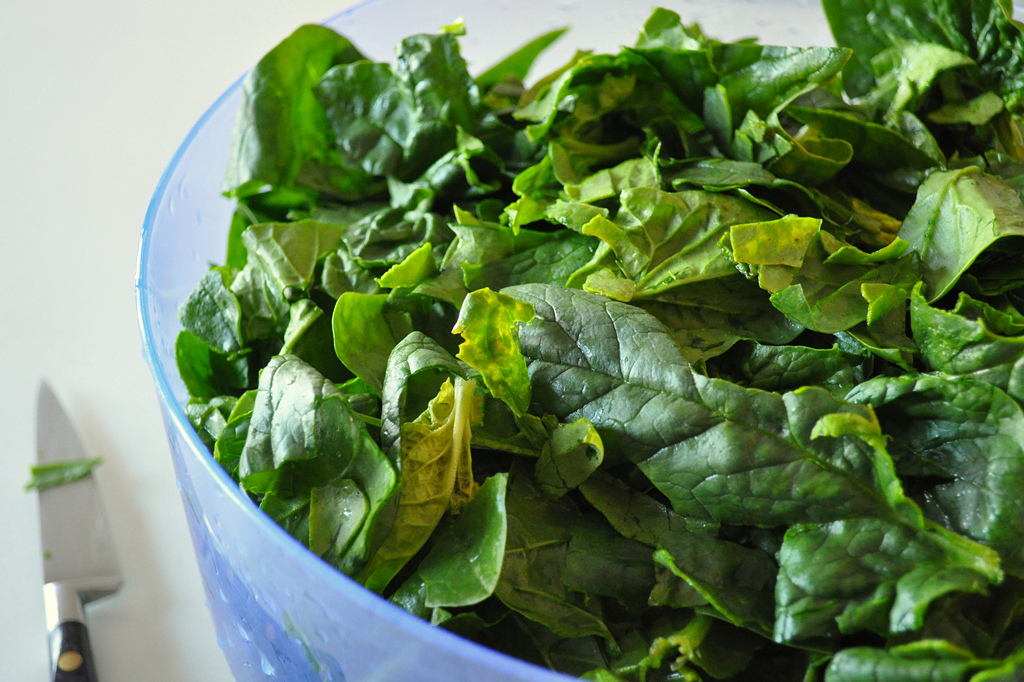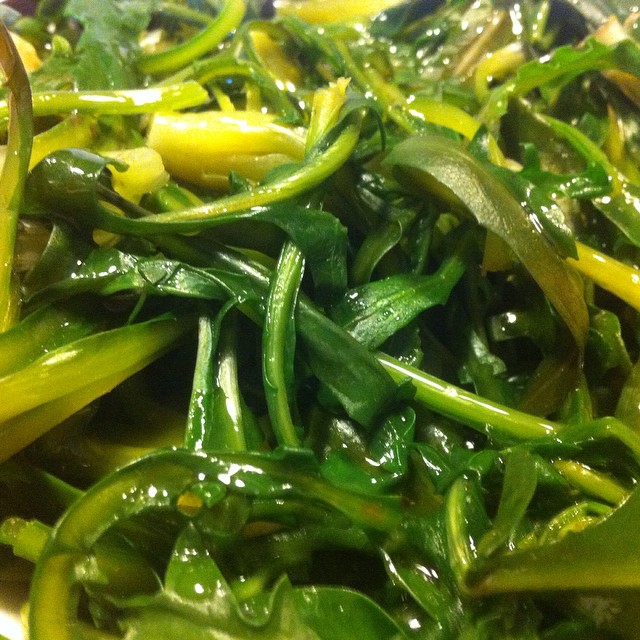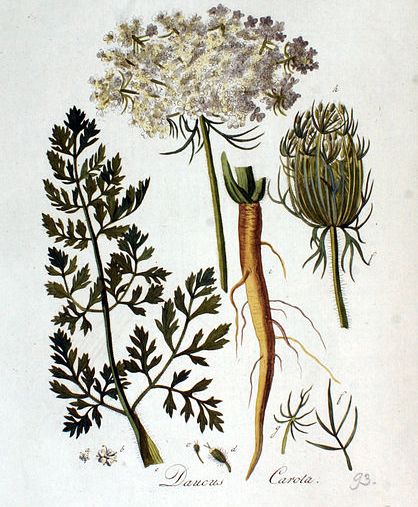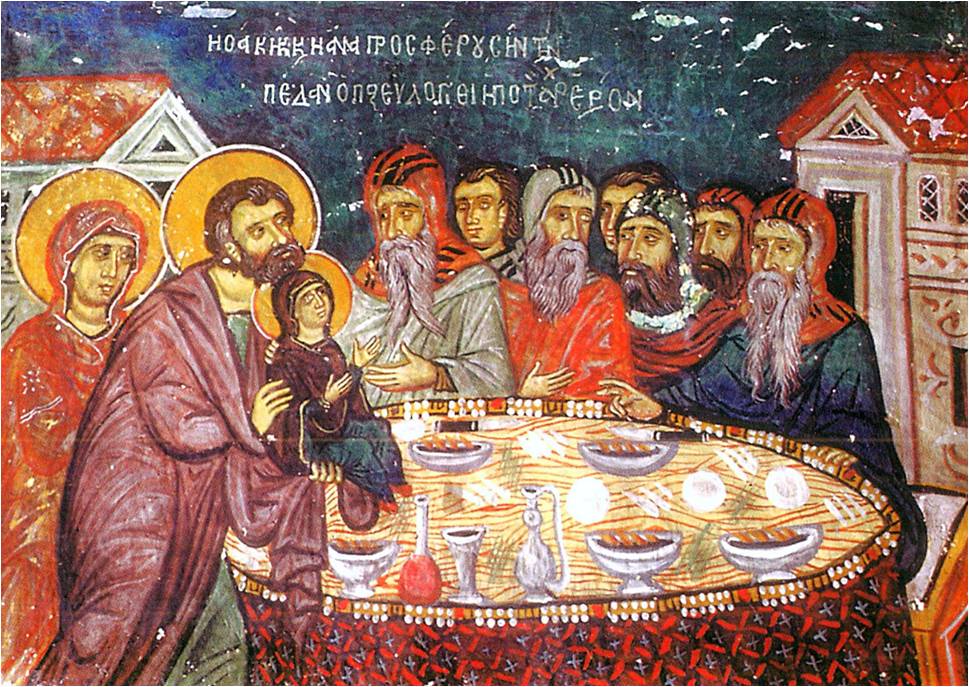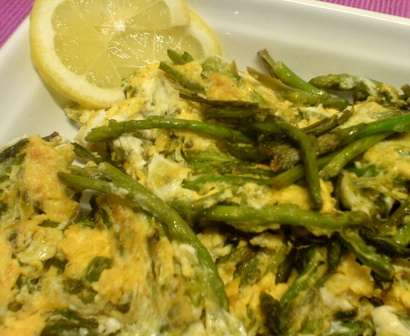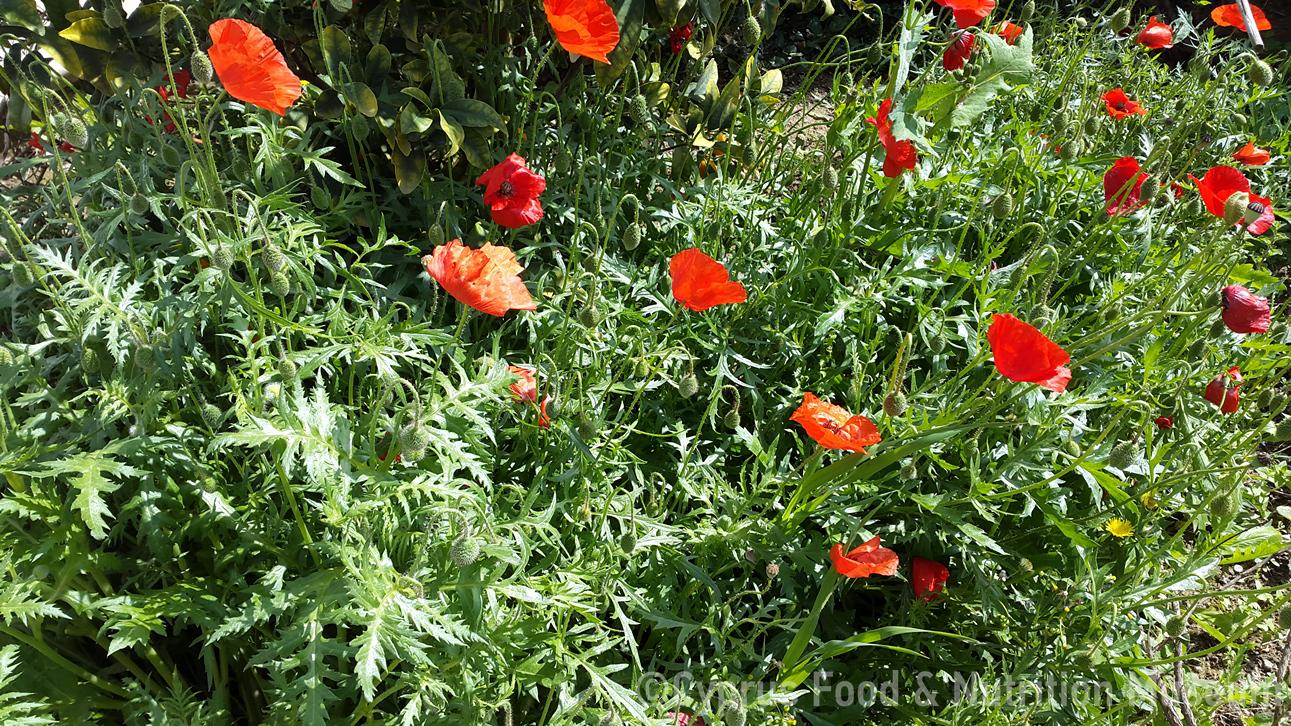Foods
The plant Arum dioscoridis, the root of which is edible. In times of hunger it was used as a substitute for kolokasi (taro root).
Foods
Olive oil extracted from native olive trees.
Foods
A wild green, the leaves and stems of which are cooked with various legumes or stews. Collected from January to April.
Foods
Wild leek is cooked whole, including its bulb. It can be consumed boiled with oil and lemon or added to legumes. It is added to many dishes when fried. It is also served fresh with olives or cheese.
Foods
A wild green grass which is included in the medicinal plants of Cyprus. It flowers from July to October on dry hillsides and alongside the roads in Agros, Geratzies, Pedoulas and Lefkara.
Foods
Agriotzinara is eaten fresh and cooked. Its stems are boiled with legumes, especially beans and black eyed beans. Their artichokes are boiled, fried with eggs or cooked with meat and potatoes in a…
Foods
This plant belongs to the category of bitter greens. It is eaten before flowering and is cooked whole, boiled and with various legumes.
Traditional Recipes
The legumes, greens and sausage are cooked in a tomato and onion sauce. A recipe based on ingredients of the traditional Cypriot cuisine, combined in an original way.
Traditional Recipes
Cardoons thrive in winter. In the past, at this time of the year, this dish was prepared regularly, sometimes even once a week.
Traditional Recipes
Cardoon, a wild green (Cynara cardunculus), cooked in garlic batter.
Traditional Recipes
The taste of the cardoon is reminiscent of artichoke. In this dish, they combine well with lamb, potatoes and the rich taste of tomato sauce.
Traditional Recipes
A fasting dish. The greens are cooked in a mixture of fried onion in olive oil and toasted flour.
Traditional Recipes
"Add the lapsanes to the sautéed onion and stir them until all the water has evaporated. Add the bitter orange juice and continue to cookl..." (Maria Ioannidou, Rizokarpaso)
Foods
In difficult times of poverty and drought, people would resort to wild greens.
Traditional Recipes
Tremithies are the shoots of the terebinth tree. These are boiled and eaten with eggs as a tasty and original Cypriot omelette.
Foods
A wild green of Cyprus, which takes its name from the milky juice of its leaves. It was eaten boiled with oil and lemon juice.
Foods
A spiny plant with flowers that resemble artichoke heads.
Foods
A plant consumed raw or cooked with various legumes. Collected from January to April.
Traditional Recipes
Traditional individual bread buns, similar to eliopittes (olive bread) with the addition of greens and onions in the dough.
Traditional Recipes
"...add the olive oil in the same pot and then add the garlic. When the garlic is golden brown, add the lapsanes and salt." (Tasoula Hadjilambi, Komi Kepir Kyrenia)
Traditional Recipes
A very simple and easy recipe, based on boiling louvi with lapsanes are served with olive oil and lemon juice.
Traditional Recipes
"We were able to make this recipe only in the winter, since the main ingredient of the recipe, the lapsanes (charlocks), only grow during this season." (Tasoula Hadjilambi, Komi Kepir Kyrenia)
Foods
Wild greens served as an appetiser.
Traditional Recipes
Wild greens are added to a bread dough to form small round flatbreads (pittes).
Traditional Recipes
Nutritious pourekia for fasting with wild greens filling mixed with bulgur wheat, vermicelli and onion.
Foods
A wild green served as an appetiser or snack, ideal for fasting periods.
Traditional Recipes
… put them in boiling water and cook them for 5 minutes. Remove them from the pot, dry them and then serve them with oil and lemon." (Emilia Kouppi, Kyperounda)
Foods
It is the name Cypriots give to the wild carrot.
Foods
Vegetables and greens in Cyprus (Archim. Kyprianos, 1788)
Foods
Vegetables and wild greens have always been an important part of the Cypriot diet.
Foods
In some areas orchid and cyclamen bulbs were eaten raw or cooked.
Traditional Recipes
A traditional Cypriot mezé dish served mainly as an appetiser.
Traditional Recipes
Dish with wild greens from Cypriot nature. Served hot or cold.

